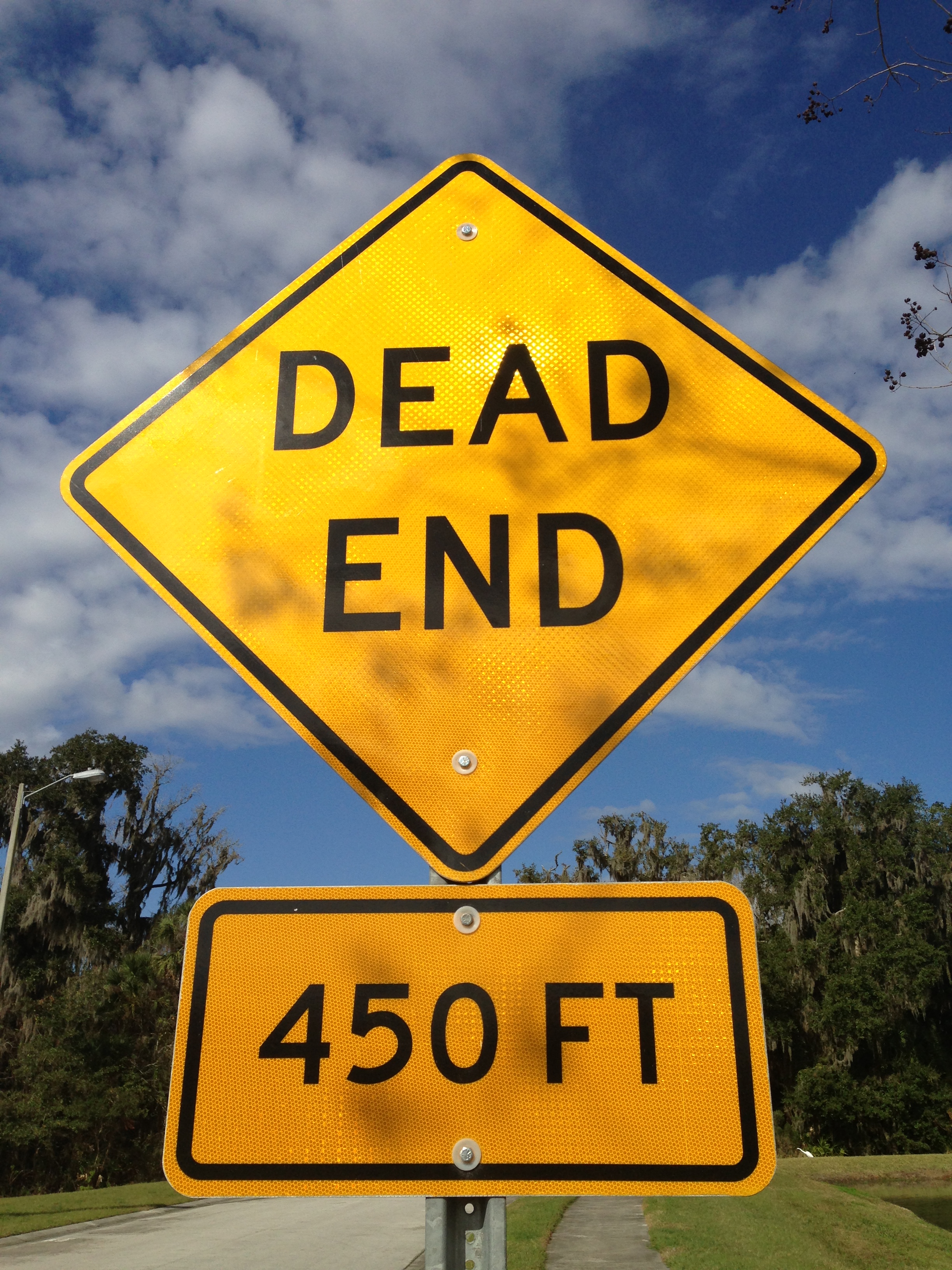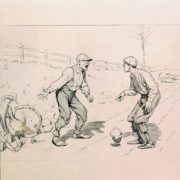Appeals 101: What is an Appeal?
What exactly is an appeal, and how is it different from a trial court action? The most important answer I can give you is what an appeal is not: it is not simply a “do over” where the appellate court gets to re-weigh the evidence and substitute its judgment for that of the trial judge.
Instead, an appeals court is a reviewing court, and it can only review for “preserved error.†There are two components to “preserved error.â€
What is Preserved Error?
First, there has to be error of some kind. This is generally either a misinterpretation of the law, or a misapplication of the law to the facts, or rarely an “abuse of discretion†in interpreting the facts (like finding the facts sufficient when they clearly are not, and no reasonable judge should have found them to be sufficient). In addition, some “calls†that a trial court makes, even if we think it was the wrong call, are reviewed for discretion, and the appellate court can’t overturn it even if the appellate judges think “I would have done it differently if I were the trial judge.â€
Second, it needs to be preserved. That is, there needs to be a proper objection made and ruled on, or the argument that you want to make on appeal has to have been made to the trial court, and that has to be reflected on the docket so that the appeals court can see exactly what was put in front of the trial court. In civil cases in Florida state courts, the parties need to hire a court reporter for hearings themselves and then pay for a transcript of the hearing in order to show the appellate court what happened at a hearing. Without a transcript, it is often impossible to make the required showings to win on appeal because you can’t show that your arguments and objections were preserved. (In Federal Court and in Florida criminal cases, proceedings are recorded and transcripts can be ordered at a later date without the parties’ needing to order a reporter).
Why you need a court reporter
Because of this preservation requirement, it often impossible to appeal if you have not taken all of the steps necessary to ensure that there is a complete record for the appellate court. It breaks my heart when I see cases that have real issues that simply were not preserved, and therefore make an appeal impossible to win. The most important thing you can do is make sure there is a court reporter at any hearing where important issues will come up — especially for summary judgment or for trial, but also for any other issue you think can affect the outcome of the case. Yes, there is a cost to this: Most court reporters charge an “appearance fee” for attending a hearing or trial. You do not need to order the actual transcript unless you need it for an appeal to assist with an argument before the trial court, but there is no transcript to be ordered if there is not a court reporter there. Zoom hearings are generally not recorded and you cannot assume there will be court reporter or recording just because the hearing was conducted by Zoom. This is why one of the first questions we ask when we assess an appeal is “was there a court reporter at the hearing”?
Standards of Review Matter
When we assess a case for possible appeal, we always start with very important question: What is the standard of review? I already talked about them above, though not in these terms. A standard of review is the lens through which the appellate court will review the trial court’s work. There are three main standards of review: Abuse of Discretion, De Novo, and sufficiency of the evidence.
Abuse of Discretion. If the trial court made what the law considers a discretionary call, then the appellate court will apply the “abuse of discretion” standard. And this means that the appeals court is looking for big problems, not just areas where the appellate judges might have made a different judgment call. This standard of review applies to most factual issues, as well as many rulings where the rules of procedure give the trial judge discretion to manage its docket. The abuse of discretion standard means that the trial court’s ruling has to be so wrong that no reasonable person would have come to the conclusion that the trial judge did. Appeals courts are very clear that it is not their job to second guess the trial court’s judgment calls, and that the trial court judge is the one who is “in it,” viewing live testimony and making split second judgment calls. Those judgments will not be disturbed on appeal unless they rise to the level of error, even if the appeals judges might have done things differently. If reasonable minds can differ, then the appellate court will defer to the trial court’s judgment.
De Novo. “De novo” is Latin for over again, or anew. As a standard of review, it means that the appeals court will look at the issue anew, and not give any deference to the trial court. This kind of review applies mostly to interpretation of statutes or contracts or the meaning of the law.
Sufficiency of the Evidence. When an appellate court is reviewing how the trial court applied the facts, is sometimes looking just to see if there is sufficient evidence in the record to support the trial court’s application of the law to the facts. The appellate court may be looking to see, for example, whether there is evidence to support every prong of a legal test.
Sometimes, more than one standard of review can apply in the same case — there may be several issues, with different standards of review, in the same case.
Assessing Your Appeal
We hope this article has been helpful to you as part of our continuing Appeals 101 series [link]. But remember, this article is for information only, and cannot really replace legal advice specific to your situation.
If you plan to handle your appeal by yourself, we recommend you consult the Florida Bar Appellate Practice Section’s Pro Se Handbook [link] for additional information. If you would like our professional analysis of your possible appeal, please contact us quickly, as there are significant deadlines in appeals that must be met or your appeal may be waived. You can request a review of your appeal by filling out our intake form here [link]. Based on the intake form, we will be able to quote you a fee for conducting an appeal assessment. Our appeal assessments look at these preservation issues as well as the underlying legal and factual issues to determine whether we believe we can make a winnable argument on appeal.





Leave a Reply
Want to join the discussion?Feel free to contribute!